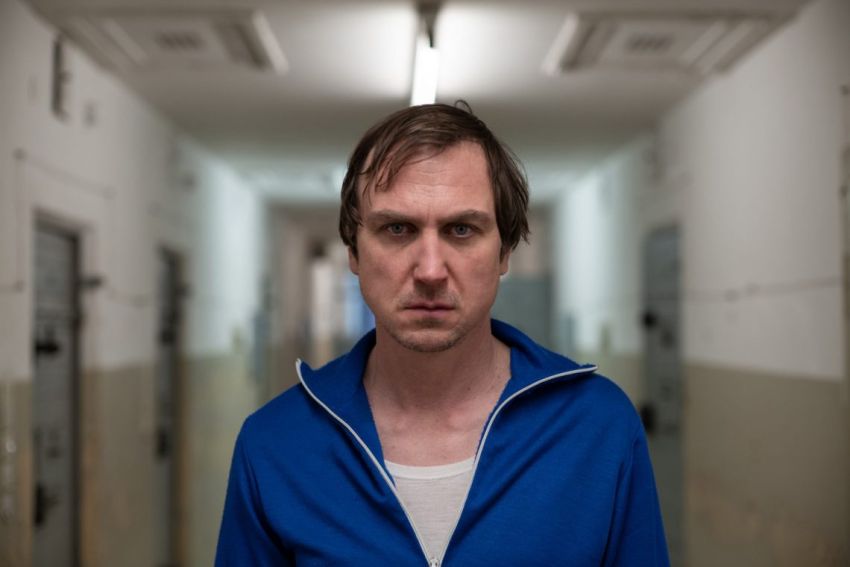
The Last Execution (Nahschuss)
Starring Lars Eidinger, Devid Striesow, Luise Heyer
Written and directed by Franziska Stünkel
In German with English subtitles
Showing nationally as part of the German Film Festival
In the opening scene of The Last Execution, disgraced and condemned East German intelligence agent Franz Walter is led into prison. From the film’s title both the viewer and he know what he is facing, but actor Lars Eidinger communicates not just fear but a bleak and heart-rending self-awareness.
The performance is all the more extraordinary because, as director Franziska Stünkel explained to Green Left, it was shot in one take without rehearsals.
“I didn’t want to create some sort of Hollywood-style drama,” she said. “I spoke with Lars about the background of Franz Walter’s situation, and he lets the audience see the pain and confusion he felt.”
The fictional character, Franz Walter is based on Dr Werner Teske, the last person executed by the German Democratic Republic (DDR), in 1981.
“I came across a photo of Werner Teske in a magazine 12 years ago. Until then I didn’t know about the death penalty in the East,” Stünkel said.
“I spent eight years researching the subject, reading all his files, including the transcript of his trial and interviewing people who had been imprisoned by the Stasi.”
Stünkel aimed to make the film feel as close to East German reality as possible by filming inside the old Stasi headquarters and in a Stasi prison. She has succeeded in demonstrating the moral vacuousness of the Stasi and the personal cost to those caught up in its machinations.
Stünkel explained that she did not attempt to politically examine the DDR. “The film looks at how individuals cope in a manipulative and oppressive society.”
However, the bureaucratic corruption that characterised the DDR is apparent in the fiddling of expenses by agents on assignments in the West. Spies are shown pocketing currency to buy alcohol and gifts for their families at home.
“All that is depicted in the film really happened,” Stünkel said. “There was extremely high consumption of schnapps by the Stasi.”
While compassionately portraying the inner reality of one man’s personal struggle, The Last Execution reveals the broader reality of a corrupt and ultimately pathetic system.